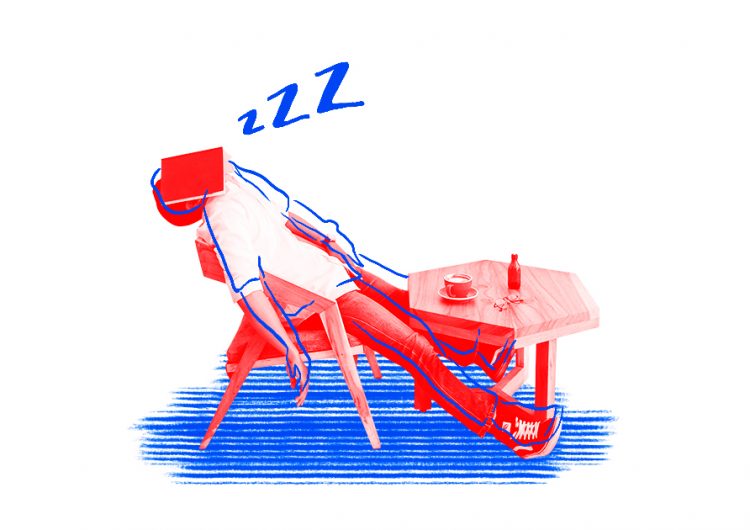Vacation has officially started. To my officemates who are reading this, my phone will be dead and will only rise again on Sunday. I’ll sleep like a freshly resigned employee who no longer has any obligation or a desire to apply for a job soon. I’ll make up for lost sleep.
This week alone, I only spent an average of four hours in bed. For a 23-year-old, this is far less than the ideal seven to nine hours the National Sleep Foundation recommends. If I can just sleep for long hours in the next couple of days, maybe that’d be enough to cover for those lost hours. But paying your sleep debt is not as easy as that.
Read also: Here’s why we should stop condemning late risers
A recent study from the Current Biology reveals that sleeping in today to make up for lost sleep from another day can’t really do the trick. While sleeping in may alleviate the negative effects of sleep debt, it only offers a temporary solution.
As Dr. Cathy Goldstein, an associate professor of neurology at the University of Michigan Sleep Disorders Center tells Time, “You might be getting some alertness benefits by sleeping longer on the weekends, but as far as truly making up for the lost sleep during the week, you really can’t make up for it hour by hour.” Time also cites another study which suggests that a lost hour of sleep would even need four consecutive days of proper sleep.
Read also: 5 lavender-based products for every sleep-deprived millennial
Harvard Health suggests a trick to pay sleep debt efficiently. If your lack of sleep from last night makes you feel sleepy and dizzy, two hours of nap in the afternoon can help you feel refreshed. But if you’ve missed hours of sleep in a span of a week, which can totally affect cognitive functions, adding three to four hours of sleep on weekends can address your sleep debt. Still, you can only reap the full benefits of a good sleep if you’d treat it as a need instead of a luxury.
Have fun catching up on Zs this long weekend.
Art by Renz Mart Reyes

























Comments